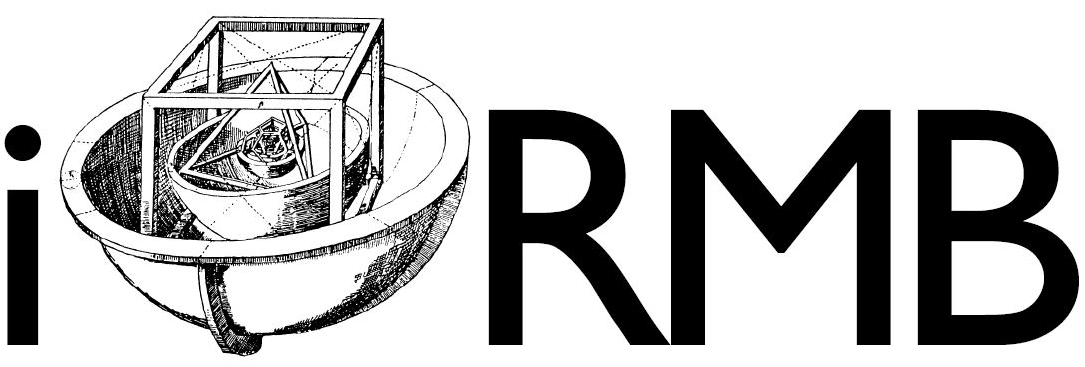iRMB KnowledgeBase#
Imagine, the author of your favourite scientific paper follows good scientific practice and published the accompanying research code, allowing you to immediately test and adapt the method on your own device.
4All#
The reproducibility of research results has become an indispensable requirement. This is not only because of the updated regulations of the German research foundation (DFG), but mostly due to the way research is nowadays conducted in computational labs. In terms of research data management, we make use of the version control software git, which also enables collaboration on and sharing of source code. In the computational science community, manuscripts are increasingly accompanied by the publication of the related source code, for instance on zenodo.org. Sharing code speeds up research and fosters interdisciplinary collaboration among researchers across the globe. A bottleneck in sharing code is its dependency on third-party libraries and the diversity in operating systems. Therefore, to extend the reach of our research software, we no longer publish our code only, but also container definition files. Using the latter, container virtualizations can be built upon a researcher’s individual operating systems, e.g., using docker or singularity.
In 2023, the KI4All compute cluster with one CPU and one GPU node, equipped with eight Nvidia A100 80 GB, started operation. Thanks to the expertise in research software engineering from our SURESOFT partners, the compute cluster enables us to follow a convenient workflow: We are working on laptops, while the developed code can be synchronized conveniently with our cluster using version control and container registries. The repositories not only contain the source code, but also the necessary container definitions. Thus, on the cluster as well as on a laptop, we can conveniently handle an infinite amount of research and teaching codes. In summary, research data management and scientific software engineering enable us to keep up with the fast-paced research in data-driven simulation.
For Students#
We follow this workflow in the computer exercises of our courses Algorithms and Programming, Data-Driven Material Modeling and Advanced Data-Driven Modeling with even more yet to come. If you are about to work on KI4All microcredits, please navigate to the documentation of our Jupyterhub on CPU.
